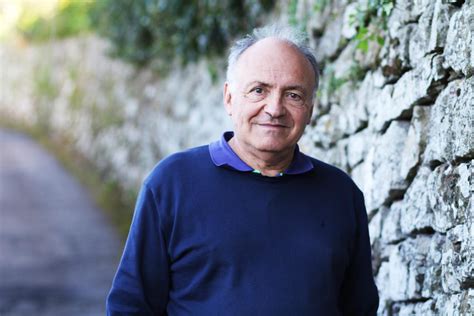A Quote by Rebecca Wells
I value humor, kindness, and the ability to tell a good story far more than money, status, or the kind of car someone drives.
Related Quotes
Something similar happens on the other side of the equation: Giving kindness does us as much good as receiving it. . . . The true benefit of kindness is being kind. Perhaps more than any other factor, kindness gives meaning and value to our life, raises us above our troubles and our battles, and makes us feel good about ourselves.
I think most Hollywood meetings are silly and I truly despise pitching. It's insane to expect someone to come in and tell you the story before they've written it, and buying an idea from someone who can explain it rather than write it is like choosing a mechanic based on his ability to draw a picture of your car's problem.
One of my great regrets, and I don't have many, is that I spent too long putting people's status and reputation ahead of their more important qualities. I learned far too late in life that a long list of letters after someone's name is no guarantee of compassion, kindness, humour, all the far more relevant stuff.
Very many people spend money in ways quite different from those that their natural tastes would enjoin, merely because the respect of their neighbors depends upon their possession of a good car and their ability to give good dinners. As a matter of fact, any man who can obviously afford a car but genuinely prefers travels or a good library will in the end be much more respected than if he behaved exactly like everyone else.
We who make stories know that we tell lies for a living. But they are good lies that say true things, and we owe it to our readers to build them as best we can. Because somewhere out there is someone who needs that story. Someone who will grow up with a different landscape, who without that story will be a different person. And who with that story may have hope, or wisdom, or kindness, or comfort. And that is why we write.
Once you understand that Goliath is much weaker than you think he is, and David has superior technology, then you say: why do we tell the story the way we do? It becomes, actually, a far more meaningful and important story in its retelling than in the kind of unsophisticated way we've done it for, I think, too long.
I have endeavoured to show that the ability to pay taxes depends, not on the gross money value of the mass of commodities, nor on the net money value of the revenue of capitalists and landlords, but on the money value of each man's revenue compared to the money value of the commodities which he usually consumes.
Less and less frequently do we encounter people with the ability to tell a tale properly. More and more often there is embarrassment all around when the wish to hear a story is expressed. It is as if something that seemed inalienable to us, the securest among our possessions, were taken from us: the ability to exchange our experiences...Experience has fallen in value. And it looks as if it is continuing to fall into bottomlessness.


































